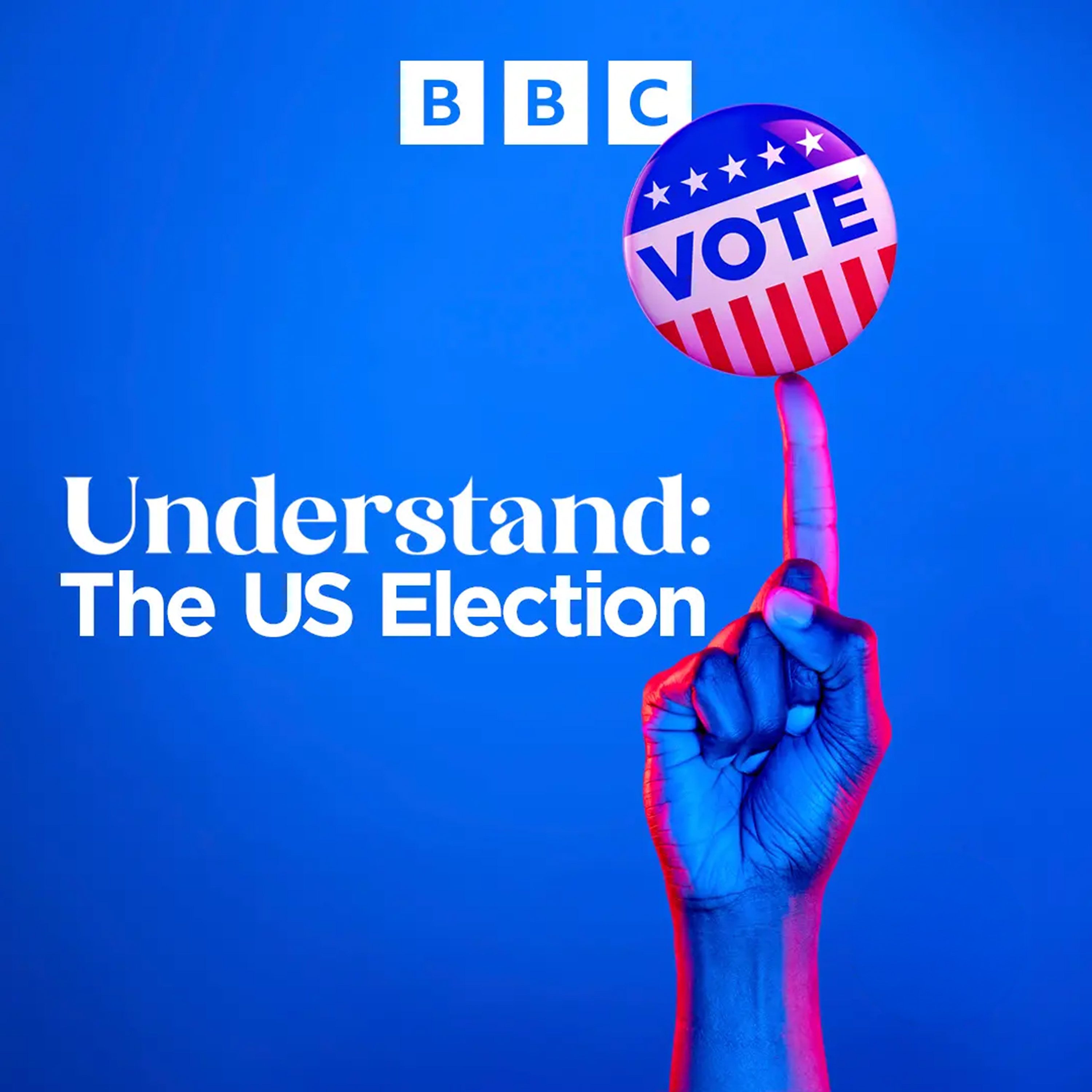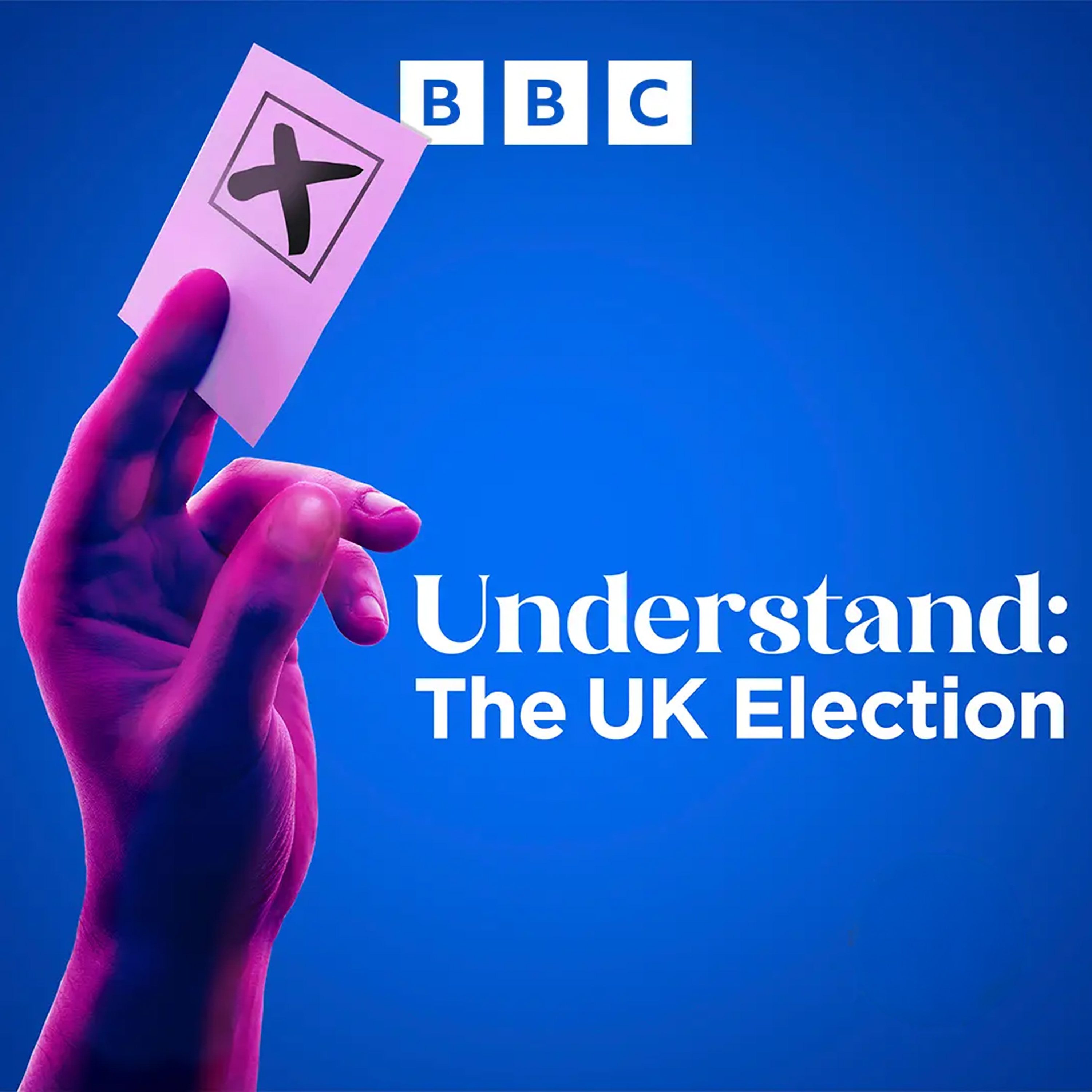The US Election: 5. Becoming President
In the final episode of the series, Justin Webb and guests discuss how the role of president has changed - and what the winner of the vote will be able to do once in office.
Press play and read along
Transcript
Transcript is processing—check back soon.
Understand — The US Election: 5. Becoming President


